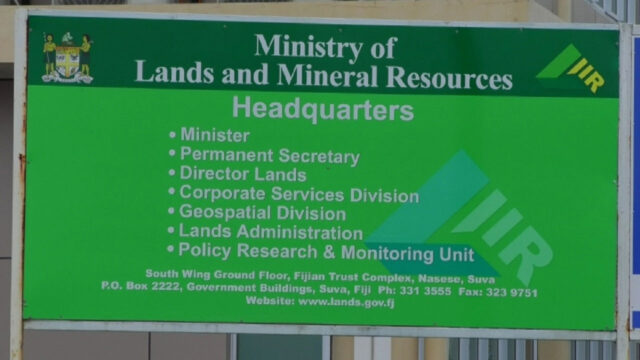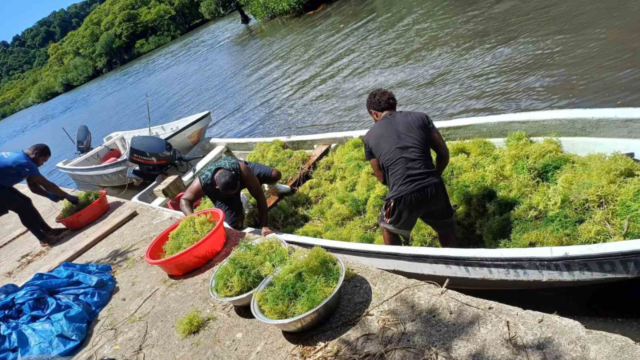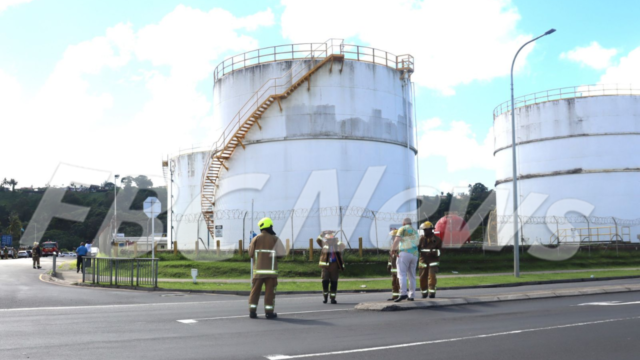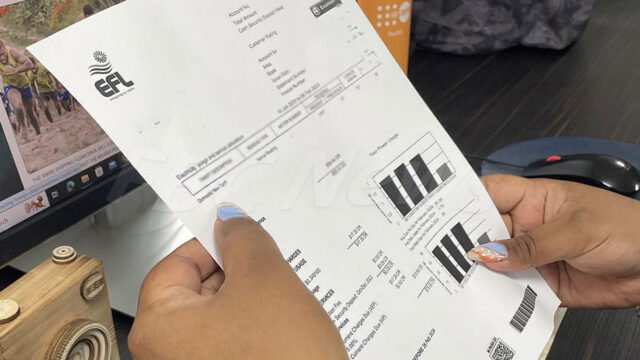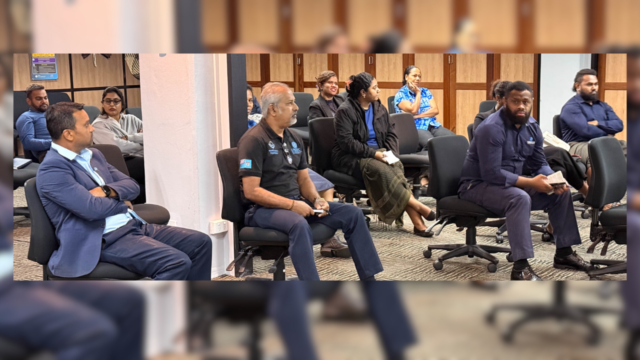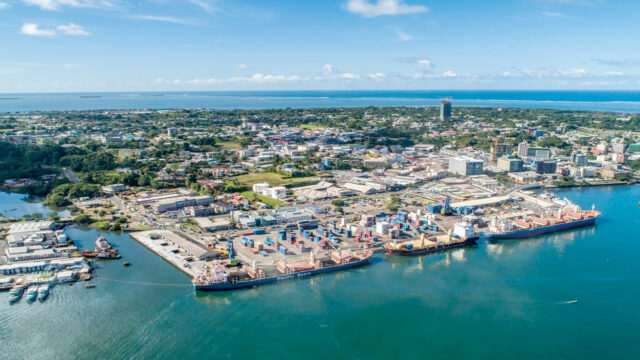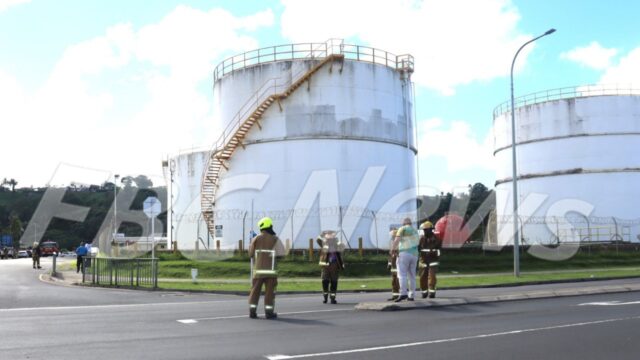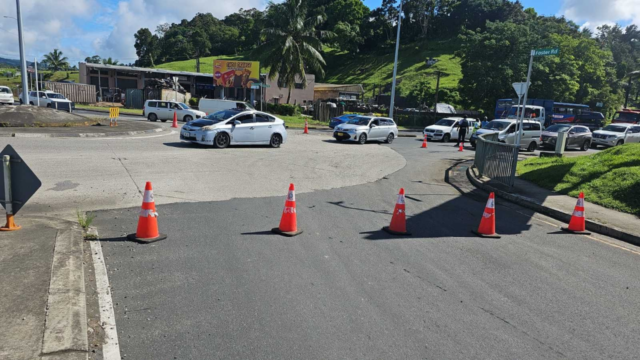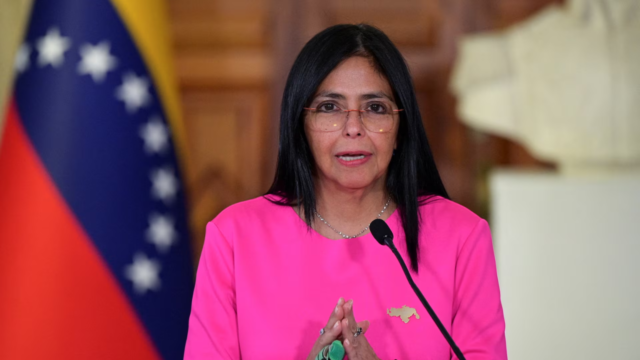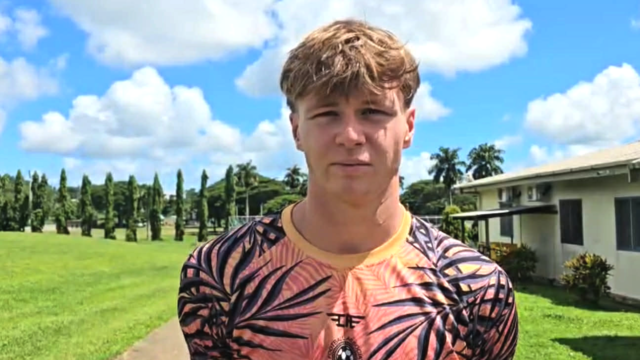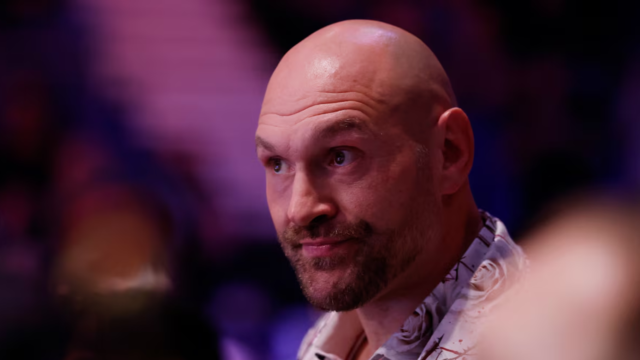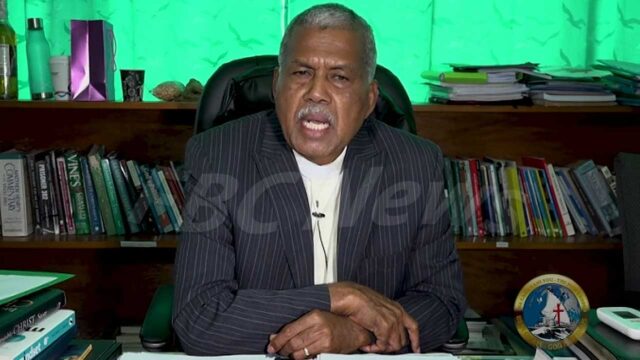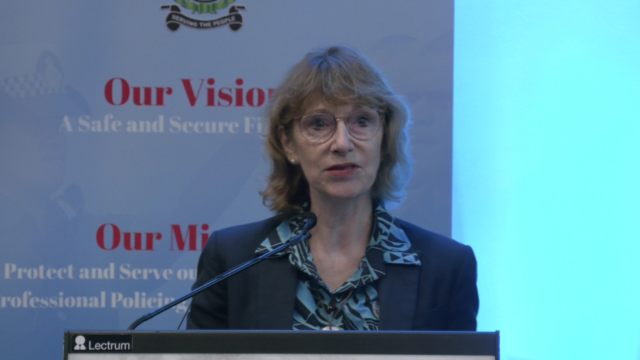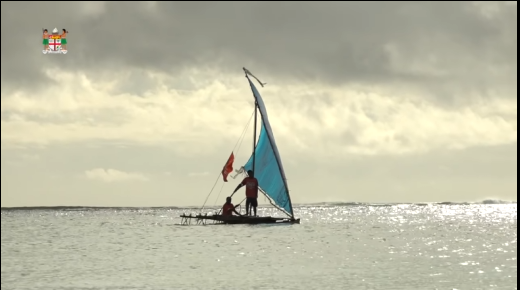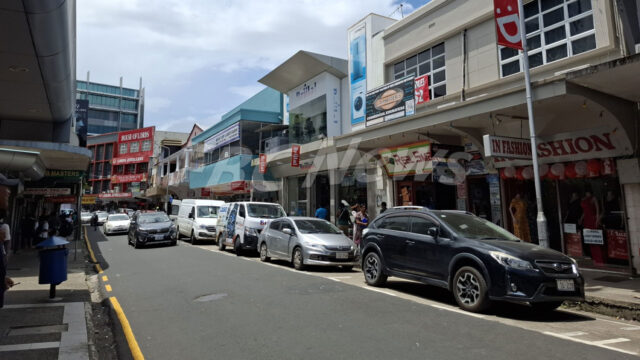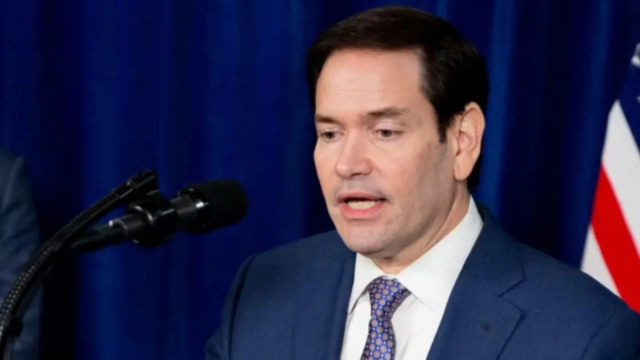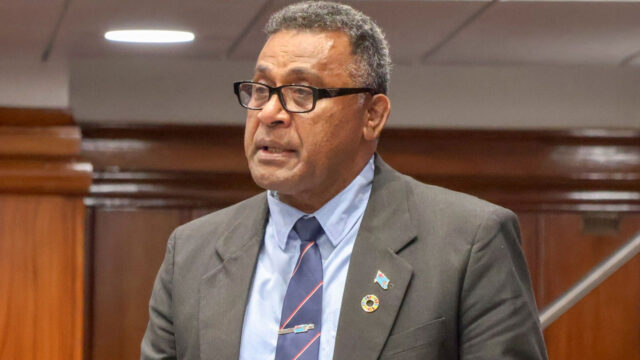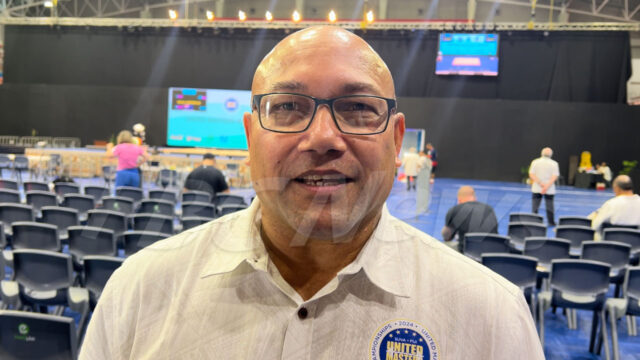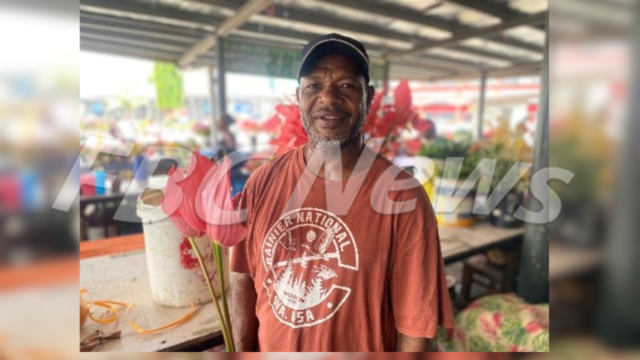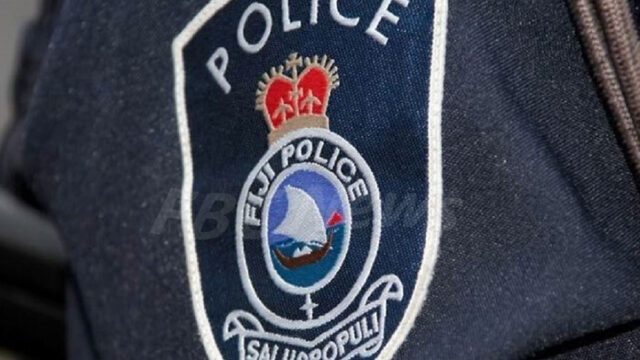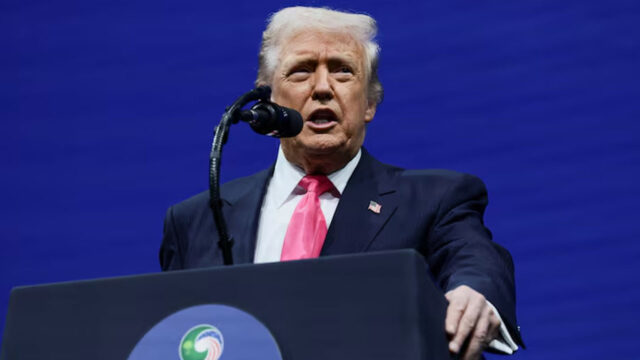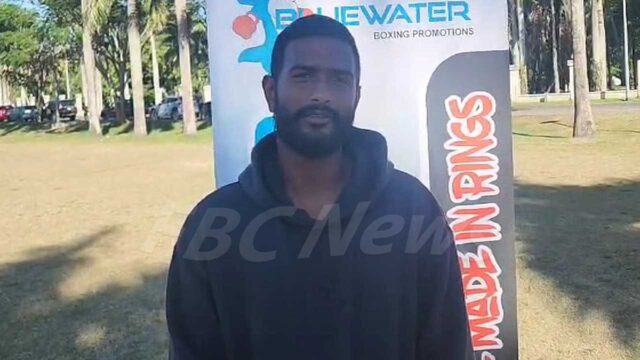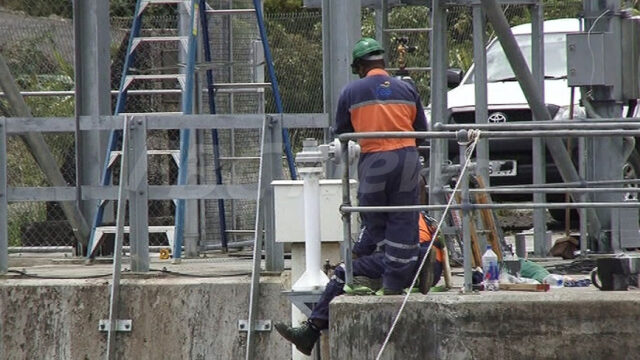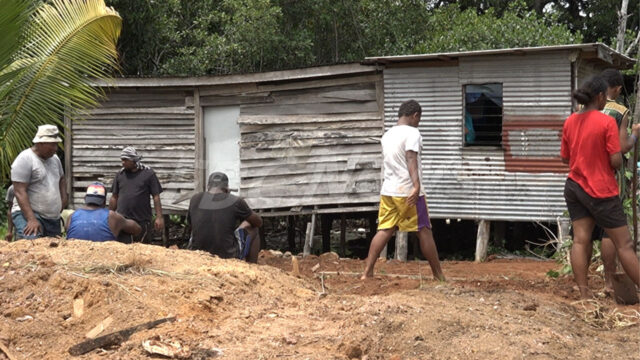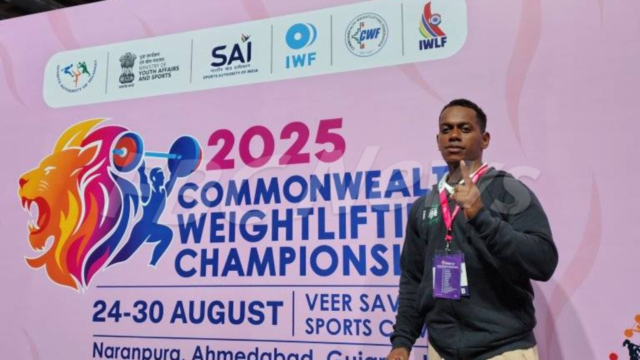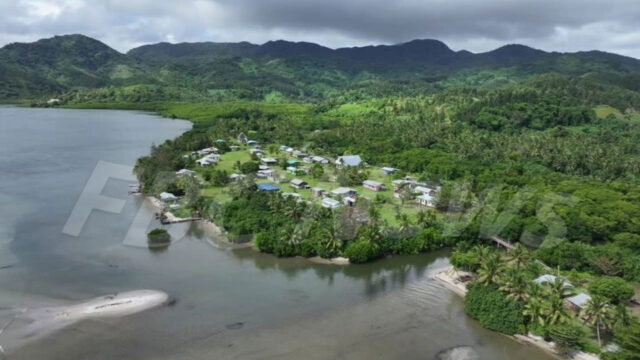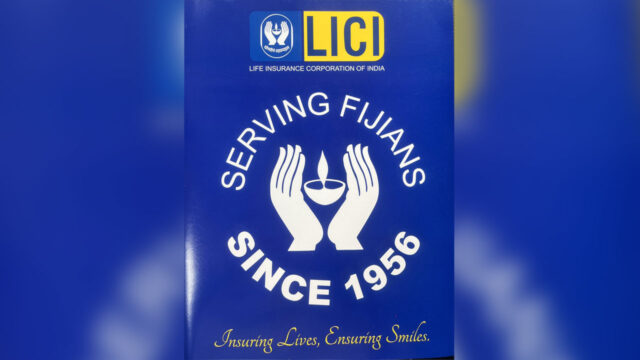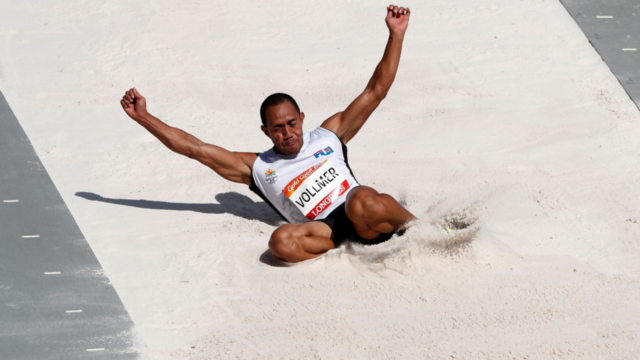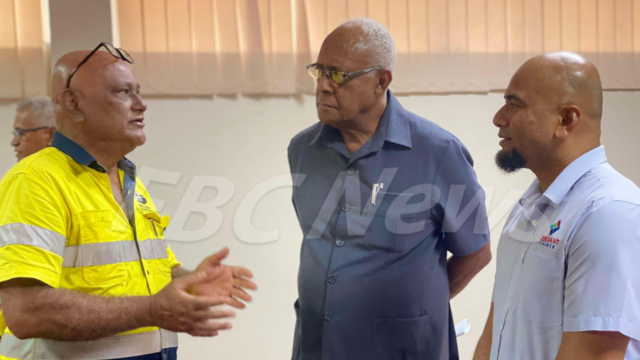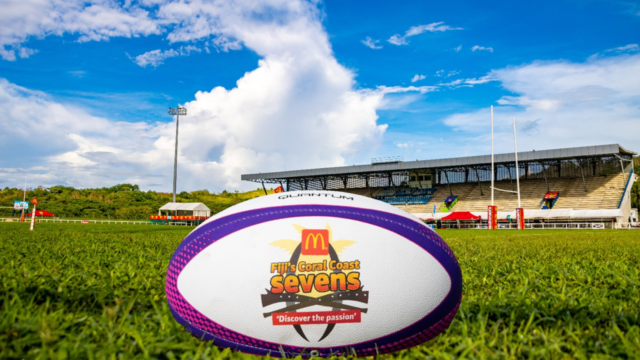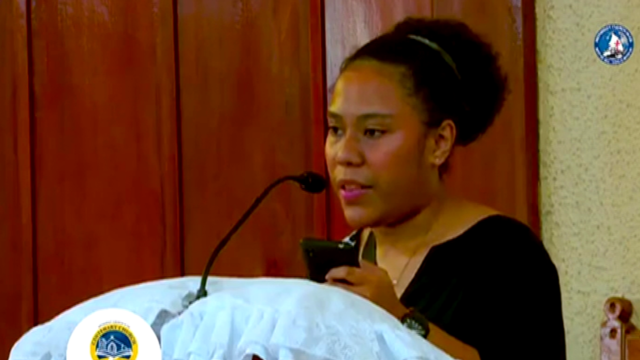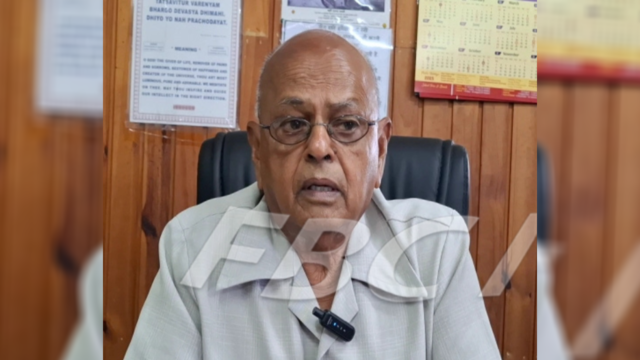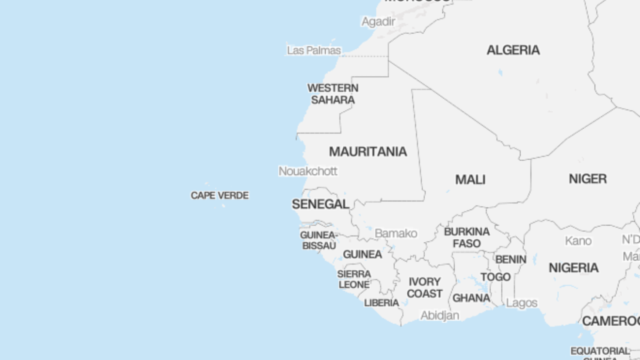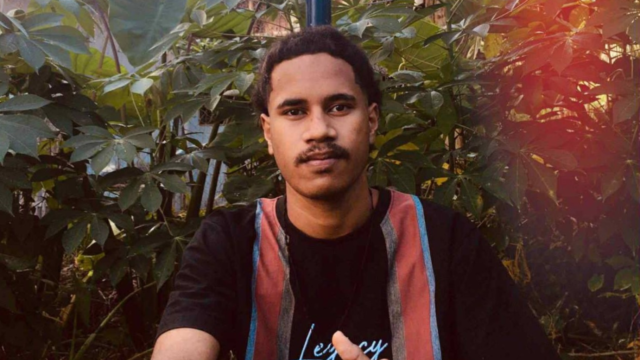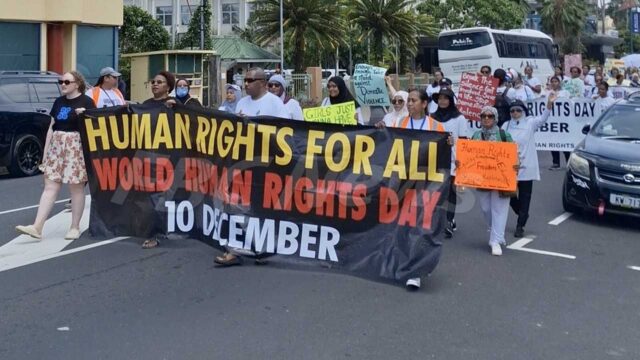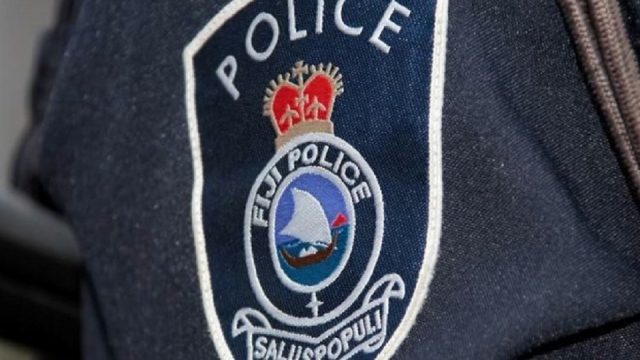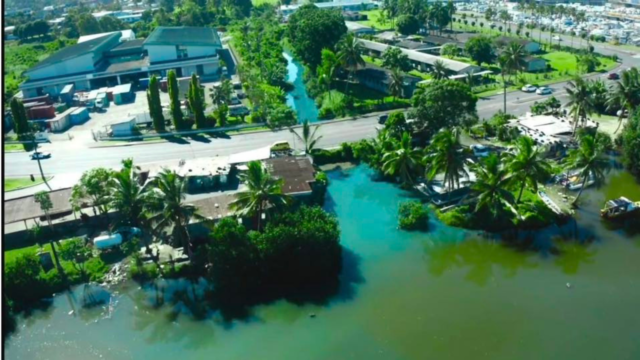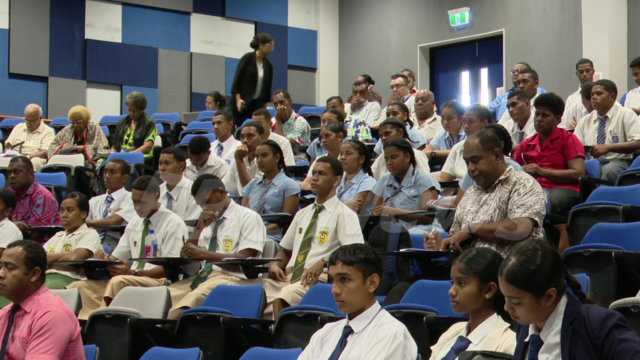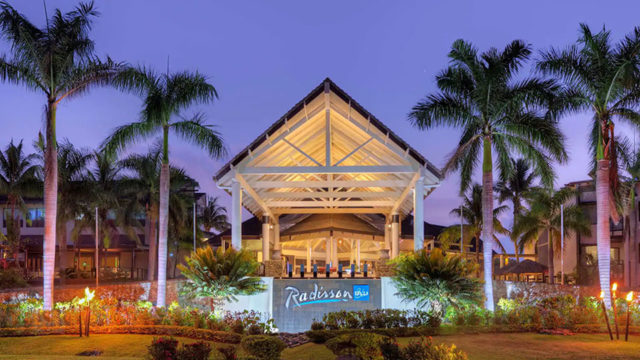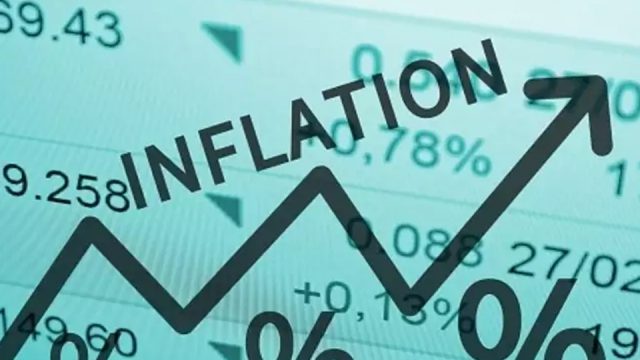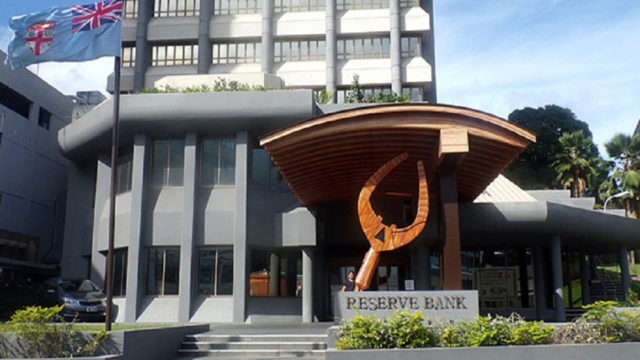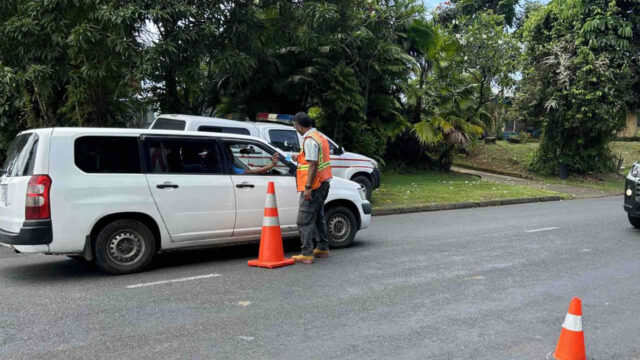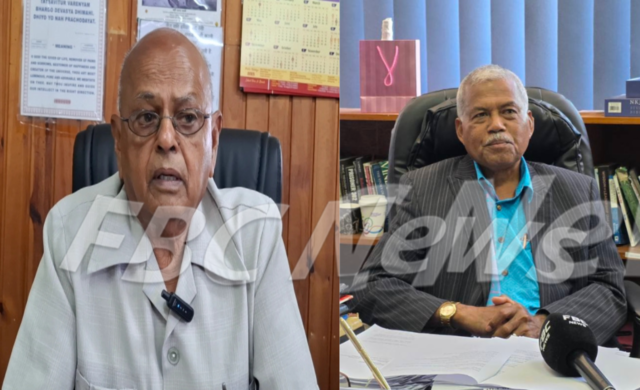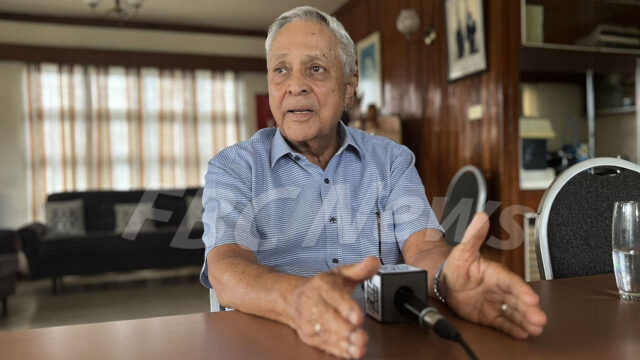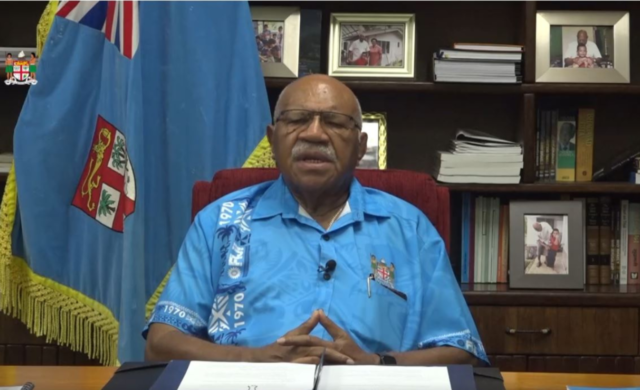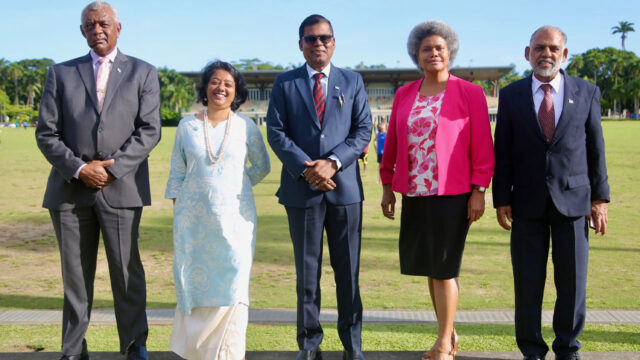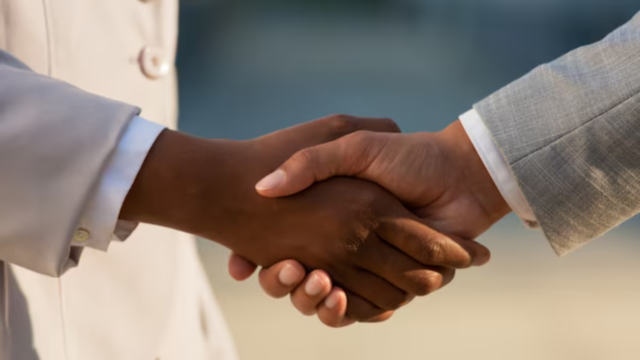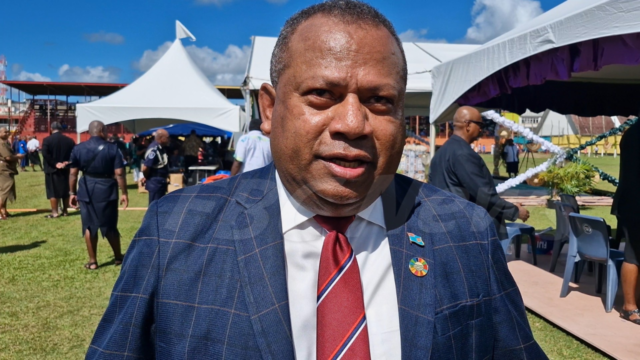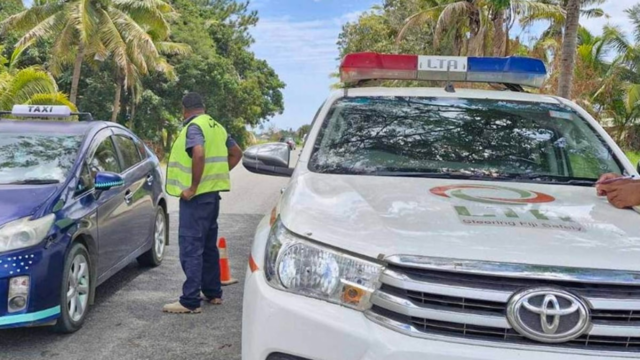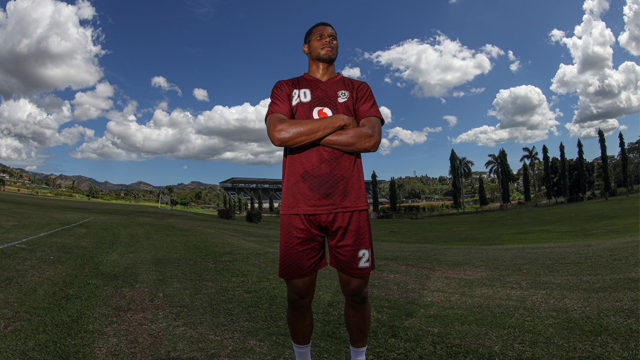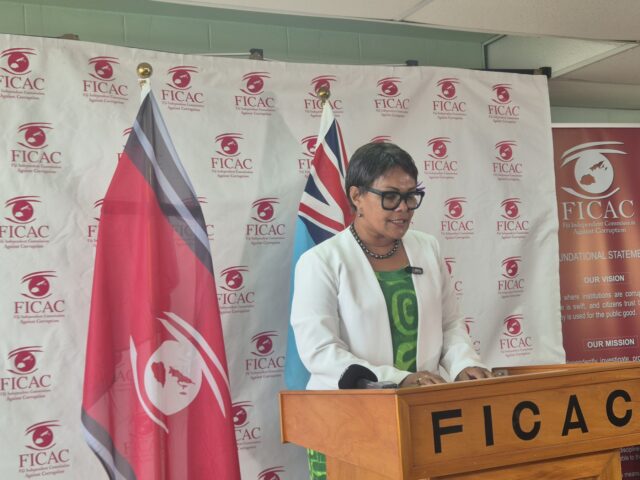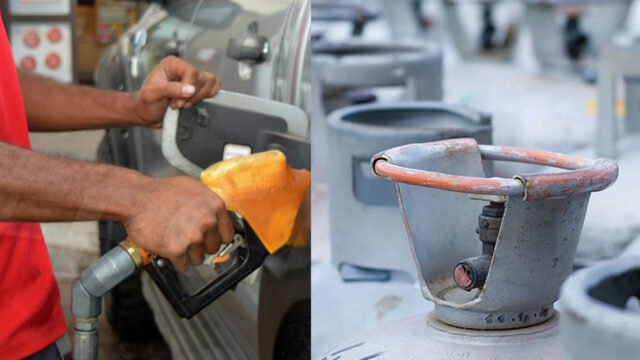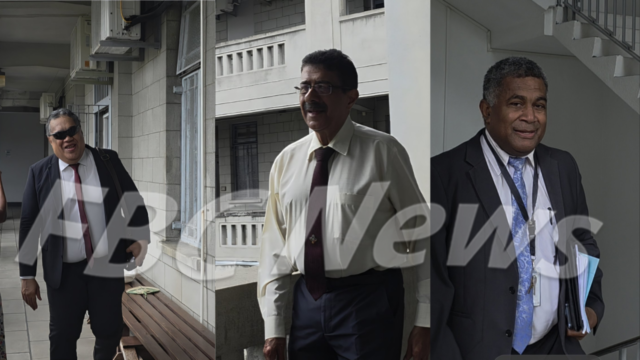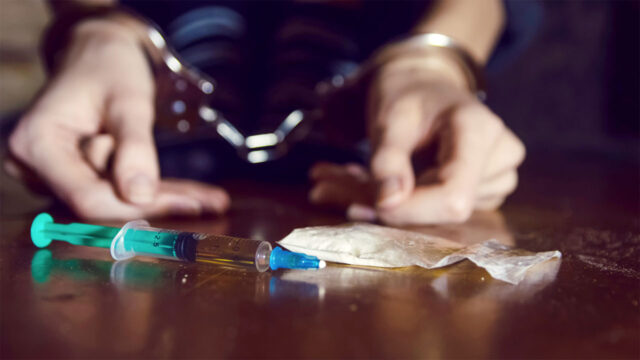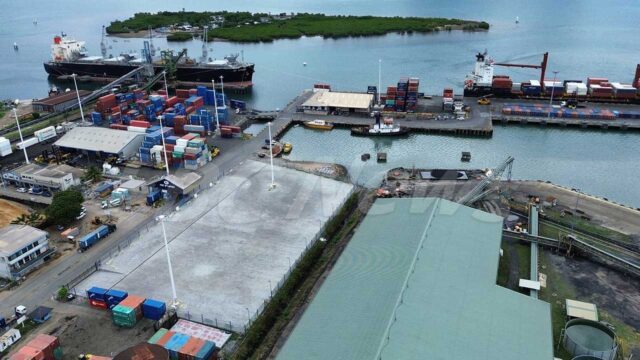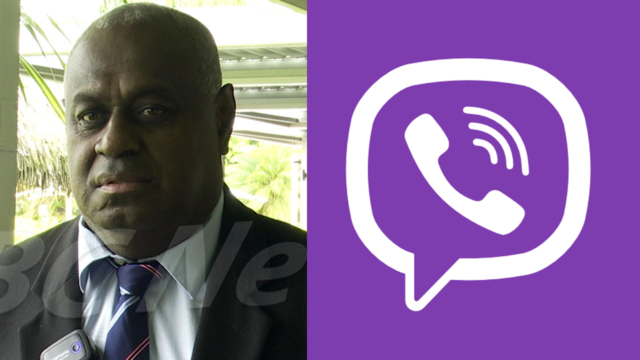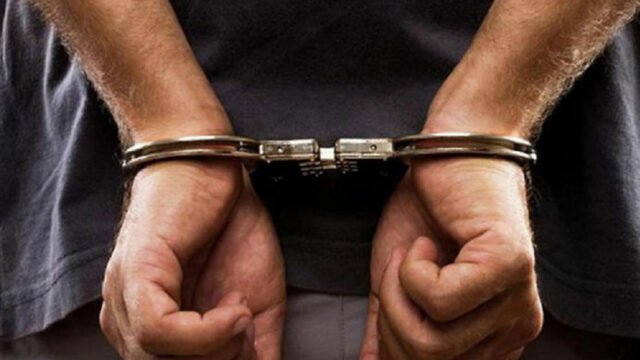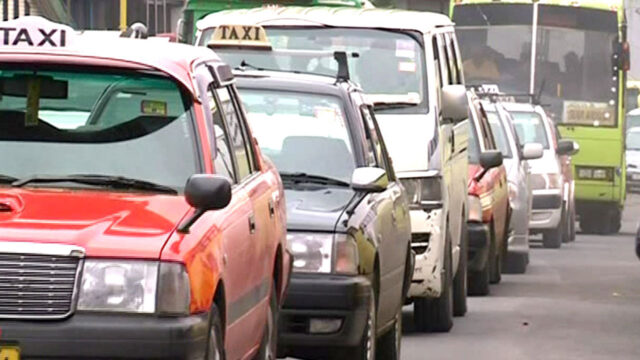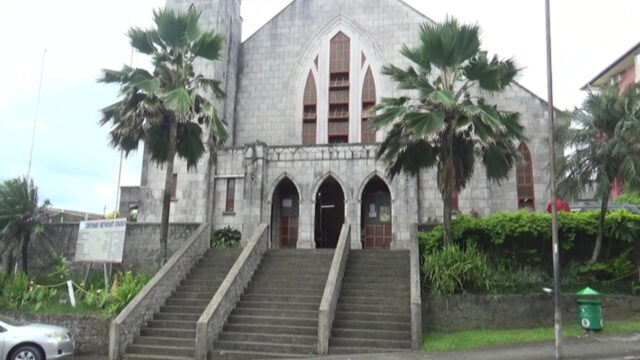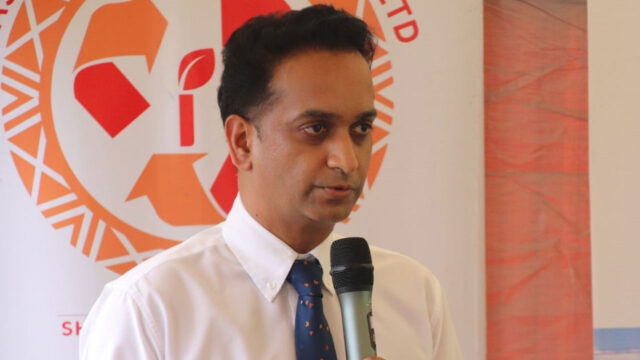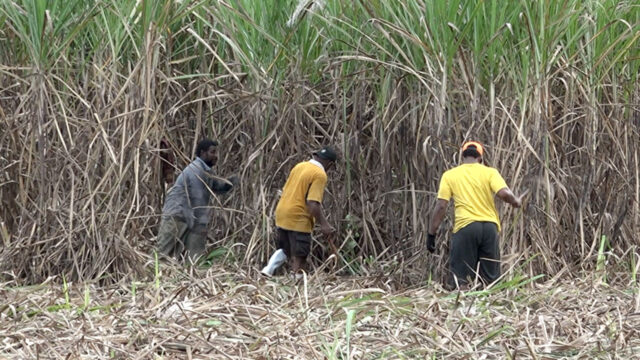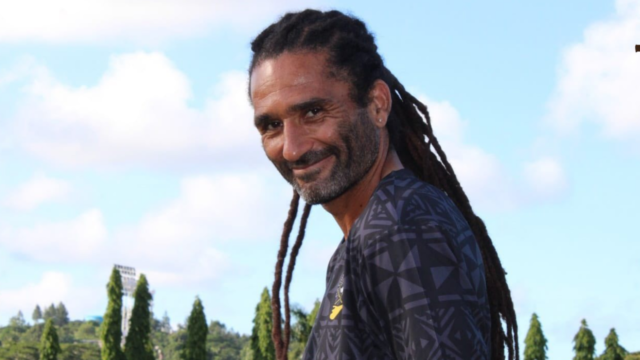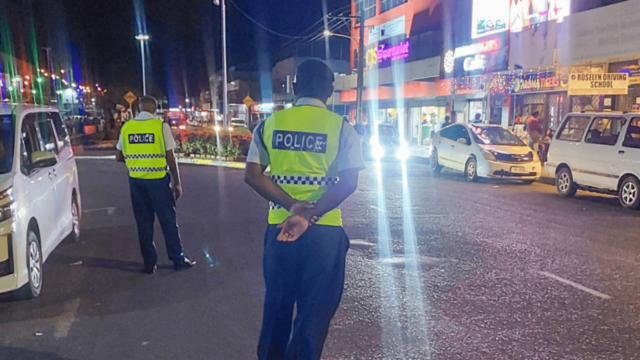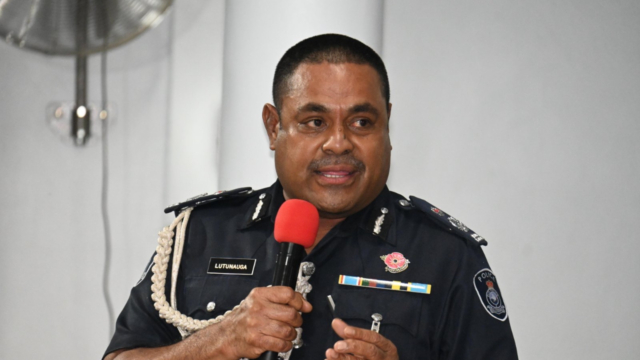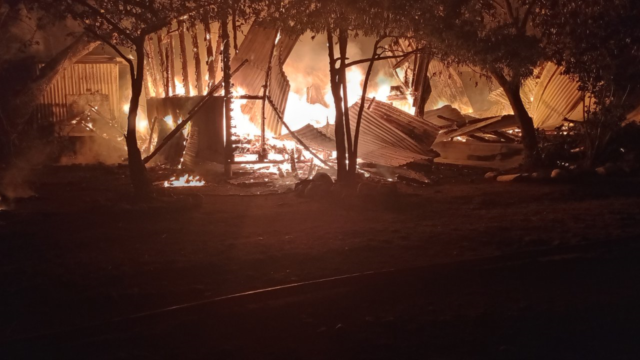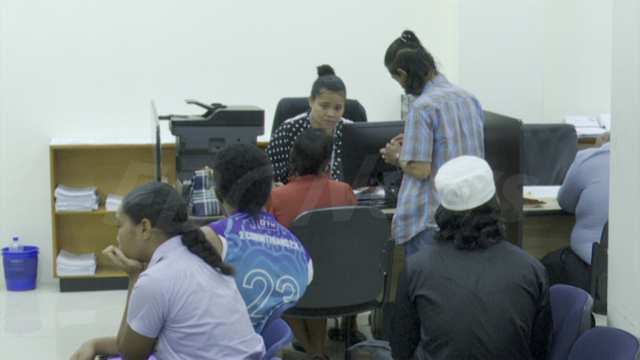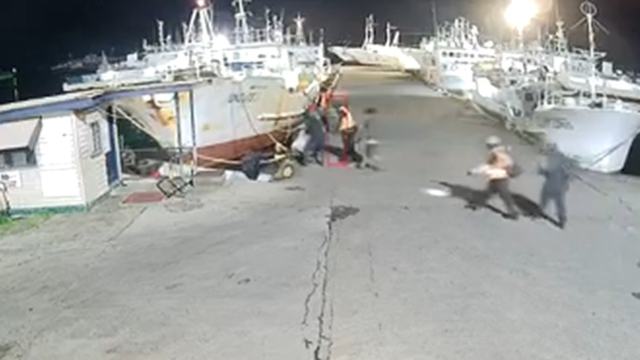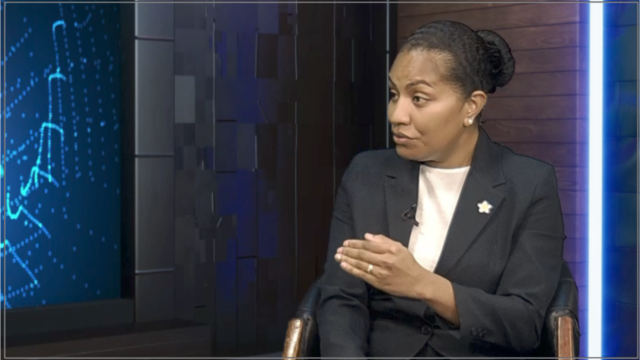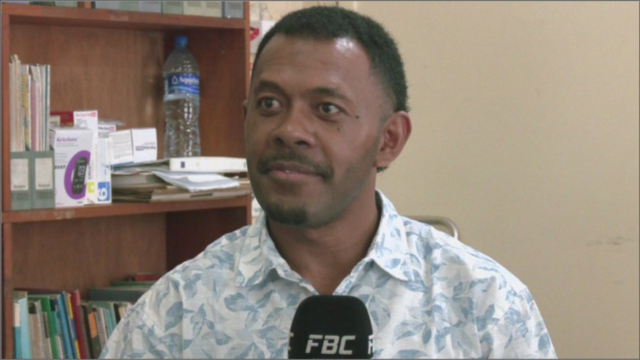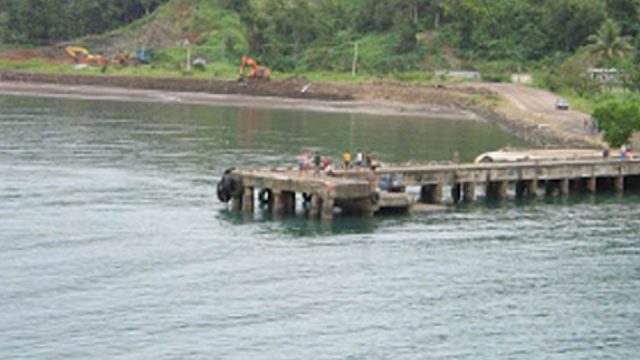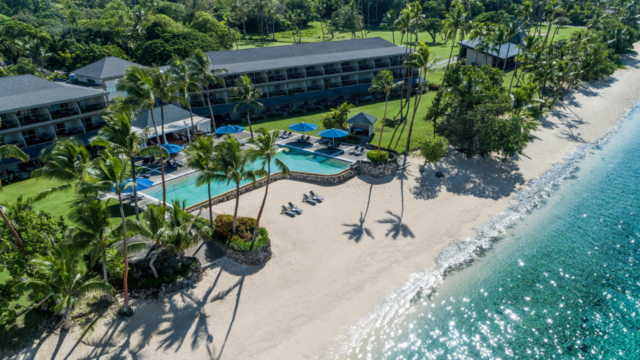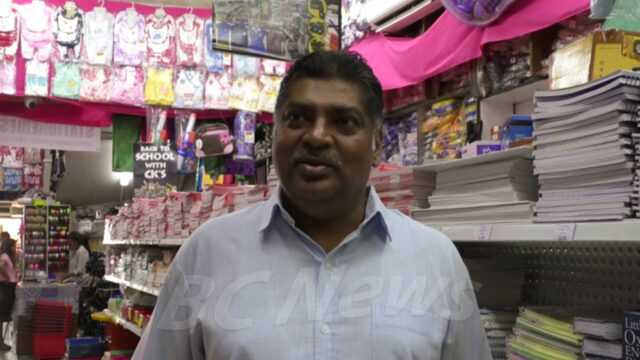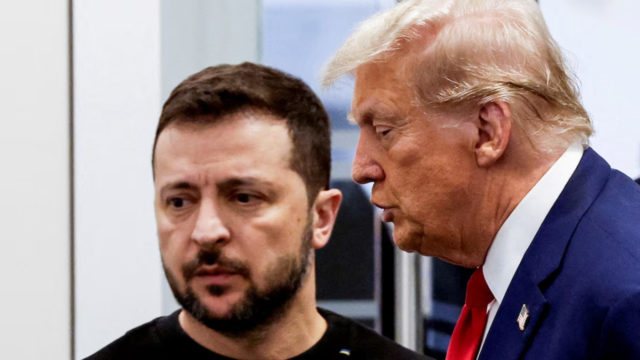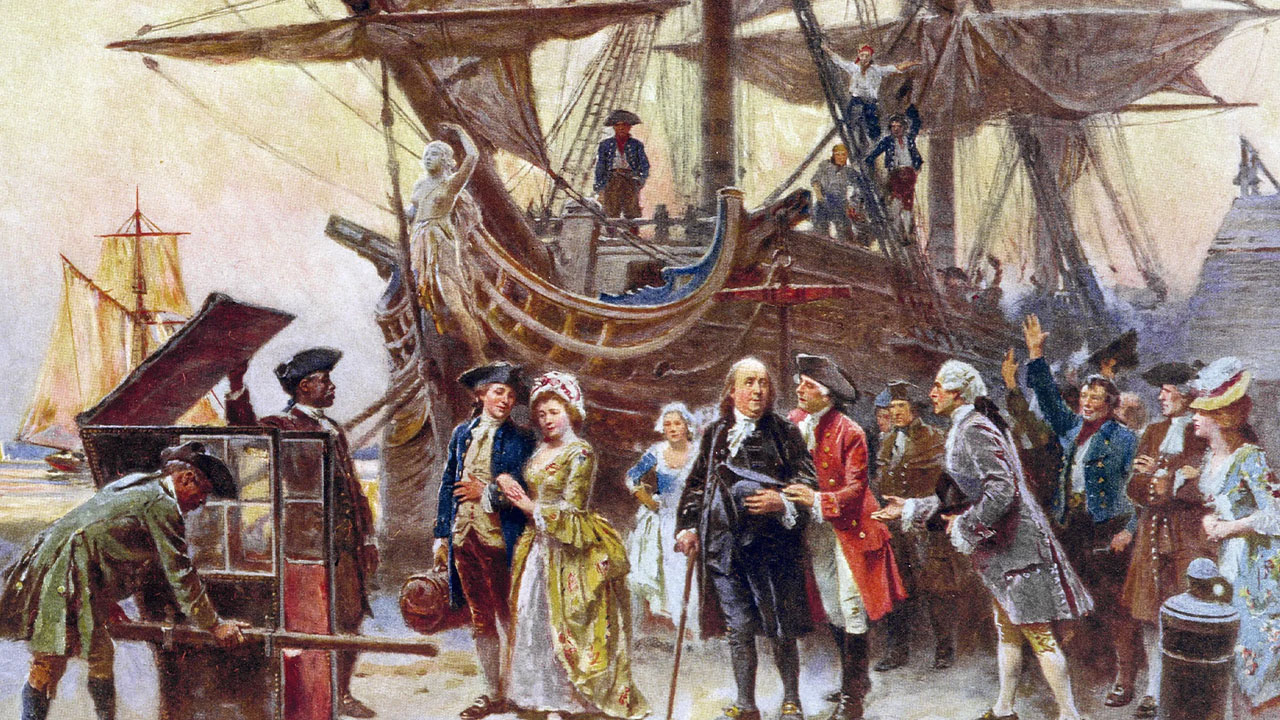
[ Source : BBC ]
Thanks to a new series starring Michael Douglas, Franklin is enjoying a renaissance. But as Eric Weiner discovers, the printer, publisher and diplomat was also a consummate traveller.
Benjamin Franklin is enjoying something of a renaissance. Not that he fully faded from view.
How could he, given that his visage graces the $100 bill, two-thirds of which circulate outside the US? Last year, director Ken Burns released a two-part documentary about Franklin.
Now the Founding Father is the subject of a new series, Franklin, on Apple TV+ starring Michael Douglas. The eight-episode series, which concludes on 17 May, chronicles Franklin’s secret mission to France during the American War of Independence.
Franklin’s enduring appeal is understandable. He achieved so much it’s hard to know where to begin.
He was the most famous American of his time and the only founder who would have been famous even if there had never been a Revolutionary War.
Franklin was a printer, publisher, satirist, scientist, diplomat, inventor, postmaster, debunker and enthusiast. He was also a consummate traveller, journeying farther and longer than any other American of his time.
My resume is considerably less impressive than Franklin’s. I have invented nothing, founded nothing. I am not the most famous American of my time. I have won no wars, signed no declarations and Michael Douglas has never portrayed me.
A few years ago, though, I became fascinated by Franklin. Obsessed, actually. A birthday was approaching. A big one, where the number six featured prominently. I tried ignoring it. At first, this proved easy enough. The birthday was a tiny speck in the big sky, like an airliner at cruising altitude or a hot-air balloon floating high above the badlands of South Dakota. Gradually, though, the unnamed birthday grew larger until it filled my field of vision.
I began to take stock of my life, and I didn’t like the inventory. What did all my endless, mindless striving amount to? What good have I done?
That’s when I turned to Franklin. I admit an American icon is not an obvious source of inspiration for someone like me, a fan of foreign lands and peoples, a man of art, not science.
But if I’ve learned anything from my travels, it is to always question assumptions, to always ask: what if? What if I’ve been looking in all the wrong places? What if wisdom resides a lot closer than I think?
Over the course of four years, I followed Franklin’s footsteps from Philadelphia to Paris and Boston to London.
The more I learned about Franklin, the more I suspected he just might be the mentor, the guide to ageing and to living, I had been seeking. The last third of his life was by far the most interesting, and the first two-thirds were downright fascinating.
As I dug, I unearthed ways we are alike, Ben and me. I, too, need to lose more than a few pounds. I, too, believe the best way to a person’s heart is through their funny bone. I, too, believe in the enduring power of travel.
Ben and I were both bitten by the travel bug at a young age – me growing up in 1970s Baltimore, Ben in 1710s Boston.
I watched the planes overhead, en route to Friendship Airport (now Baltimore-Washington International), and dreamed of becoming a pilot. Ben watched the ships arriving at Boston Harbor and dreamed of becoming a sailor.
That wasn’t in the cards (his father wouldn’t allow it) so young Ben travelled in his mind, gazing at the four world maps his father had pinned to the walls of their tiny house, reading travelogues and chatting with arriving sailors at Boston Harbor.
Soon, he no longer needed his father’s permission to travel – so he did, logging 42,000 miles over the course of his long life.
(He lived until he was 84.) As deputy postmaster, he travelled the entire length of the US Northeast and at age 70, just before setting sail for France, he embarked on an arduous, and ultimately unsuccessful, journey to Montreal to convince the Canadians to join the American Revolution.
At age 76, he considered travelling through Italy before realising the stagecoach ride would probably kill him.
In addition to all this, he crossed the Atlantic eight times, during an age when reaching one’s destination was not guaranteed. He spent a third of his life abroad, living in London and Paris and visiting Canada, Ireland, Scotland, Germany, the Netherlands and – for three glorious days – the Portuguese island of Madeira.
The region’s wine was one of those small pleasures that Franklin cherished; amass enough of these, he believed, and the result was outsized happiness.
Franklin could be cocky about his travels, bragging to friends about his mileage count and his iron stomach that never failed him even when other passengers were hurling overboard. And Franklin was a fussy traveller. He knew what he liked and what he didn’t.
Had TripAdvisor existed then, he would have been every hotelier’s worst nightmare.
In France, he argued with innkeepers over matters small and smaller, even as he charmed the French with his bon mots and folksy demeanour. In England, he described a Portsmouth hotel as a “wretched inn”, where even the stationery was shoddy.
He called the town of Gravesend “a cursed biting place” whose inhabitants expertly relieved travellers of their money. “If you buy anything of them, and give half what they ask, you pay twice as much as the thing is worth,” wrote Franklin in his journal in 1726, before delivering the coup de grâce: “Thank God, we shall leave it tomorrow.”
For Franklin, travel was not optional. If he didn’t take his annual summer excursion, he grew irritable. “I am as well as I can be without my usual journey,” goes a typical letter to his wife, Deborah, “but I begin to feel the want of it, and shall set out in a few days.” Travel enabled Franklin to cast his gaze beyond Puritan Boston and still-parochial Philadelphia. It was also “one way of lengthening life,” as he said. With the right mindset, two weeks in Paris felt like six months anywhere else.
Travel also enabled Ben to pause and think. He did some of his best writing and experimenting while on the road or at sea. It was on a bumpy carriage ride from Philadelphia to Albany, New York, in 1754 when he composed his brilliant and prescient plan for colonial unity. It was on an Atlantic crossing to London in 1757 when he wrote his famous “Father Abraham’s Speech” (later retitled “The Way to Wealth”), a collection of aphorisms that cemented Franklin’s reputation (only partly deserved) as the personification of raw capitalism.
People couldn’t put him in a box, at least not for long. Fellow Founding Father John Adams (played by Eddie Marsan in the new series) once called him “The Old Conjurer”. In London, Franklin played the role of the proper English gentleman; in France, wigless and wearing a marten fur cap, he transformed himself into the folksy, backwoodsman philosopher. The French ate it up. Wherever he went, he was greeted by crowds of admirers, including women half his age.
Neither of these personas were disingenuous. Franklin was both of them – and more. He knew what all great wanderers know: that travel is a parlour trick, a mind game. We are the same person on the road as we are at home. You may feel more romantic in Paris or more relaxed in Rio de Janeiro, but those cities, wonderful as they are, can’t take all the credit.
So why the transformation? Because out there, you permit yourself to be romantic or relaxed, or whatever else, and so you do. Everything you experience while travelling you could experience at home too. It’s just a lot harder. Parlour tricks and a little self-deception are useful. No one knew this better than the “Old Conjurer”.
Stream the best of Fiji on VITI+. Anytime. Anywhere.




